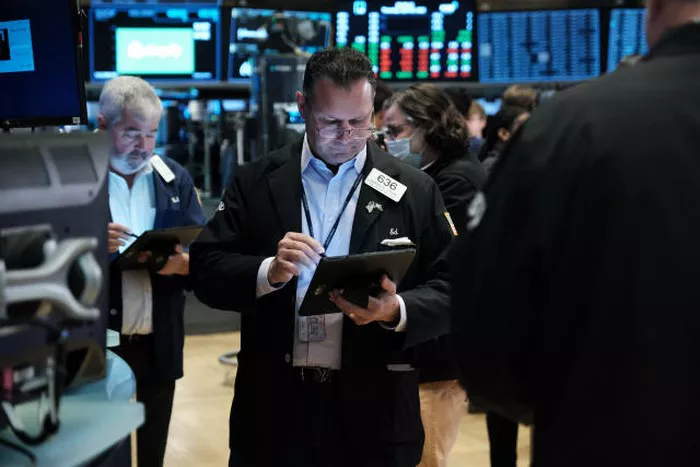Coffee futures hit a 47-year high on Wednesday, driven by mounting concerns over global supply shortages and market uncertainty surrounding new European Union (EU) legislation aimed at curbing deforestation.
Futures for higher-quality arabica beans surged 4.7% to $3.23 per pound in New York, marking their highest level since 1977 and extending a rally in prices this year of more than 70%. Meanwhile, London futures for cheaper robusta beans, used in instant coffee, spiked 7.7% to $5,507 per tonne, nearly doubling in price since the beginning of 2024.
Factors Driving the Rally
Traders say the sharp price increases are being fueled by coffee roasters — commercial buyers that process beans for consumption — rushing to secure supplies ahead of expected shortages. This panic is also driven by uncertainty regarding the impact of the incoming EU law that bans the use of land linked to deforestation for agricultural products, including coffee.
Tomas Araujo, a trading associate at brokerage StoneX, remarked, “I have never seen anything like this before. This is not going to be resolved this year, and that’s why the roasters have started going into panic mode.”
Weather and Supply Chain Issues
Brazil, the world’s largest producer of arabica beans, has been hit by extreme weather conditions that are raising fears about the next harvest. The country experienced its worst drought in 70 years in August and September, followed by heavy rains in October, which could damage the flowering crop and reduce future yields.
Additionally, robusta bean supplies have been constrained for three consecutive years due to adverse weather in Vietnam, the largest producer of robusta. This persistent supply deficit has left the coffee market vulnerable as Brazil’s 2025-2026 arabica harvest is expected to fall short, further intensifying the strain on global supplies.
Impact of EU Legislation
Compounding these challenges is the uncertainty surrounding a new EU law that requires coffee importers to prove their beans were not grown on deforested land. Though EU authorities have announced a 12-month delay in enforcing the legislation, proposed amendments have sparked opposition among member states, leaving traders anxious that the delay might not be approved in time to be recorded in law by year-end.
As European roasters scramble to stock up on beans earlier than usual, US roasters have also entered the market to secure their supply, fearing that they may be priced out if the rally continues. Adding to the complexity, US roasters are also responding to president-elect Donald Trump’s promise to impose tariffs on imported goods starting in January.
Carlos Mera, head of agricultural commodities at Rabobank, explained, “If you are a roaster and you believe that there will be tariffs on coffee, you will try to import now, because otherwise, you will be paying tariffs later.” The US is a major market for coffee, receiving about 23% of global exports.
Consumer Impact
Consumers can expect further price hikes at coffee shops as the supply chain issues unfold. Mera warned, “The increase in prices we’ve seen recently is not because of the latest rally, but the last one,” referring to the earlier surge in robusta prices earlier this year. “So there is still much more pain coming for consumers.”
As coffee prices continue to climb, the global supply chain remains under pressure, with roasters, traders, and consumers all bracing for more volatility in the months ahead.


